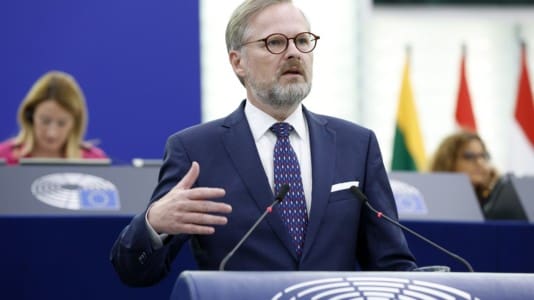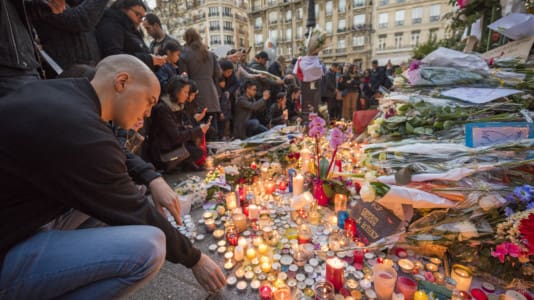There is a growing chorus of those who say that sanctions are hitting the West harder than Russia, and that this is a sign that Europe is losing the battle for hearts and minds over the war, Prof. Zdzisław Krasnodębski, a senior MEP from the ruling Law and Justice (PiS), told the Polish Press Agency (PAP).
Krasnodębski acknowledged that sanctions have been felt by the Russian middle class, but says that they have not persuaded Russia to end the war. The Polish MEP believed that as the energy crisis intensifies, dissenting anti-war voices will only intensify, and this will allow Putin to be more effective in sanctioning the EU than vice-versa.
The politician predicted that an increasing number of people in Europe will argue that the sanctions are ineffective and should be scaled down, and gave two examples of how this is already changing behavior. First, Canada’s decision to transfer the turbine for the Nord Stream gas pipeline shows how German interests are being bowed to; second, is the pressure on Lithuania to allow the transit of goods between Russia and its Kaliningrad region enclave.
[pp id=42507]
Russia has this week suspended the transmission of gas through the Nord Stream pipeline, supposedly for technical reasons and scheduled maintenance. This has produced a very nervous reaction in Germany and led some to question Ukraine’s offensive against the Russians in the south of their country as an unnecessary escalation of war.
“More and more people are asking about what the winter will bring and politicians are afraid of protests,” said Krasnodębski. In his opinion, “we are in the middle of an economic war, and it looks as if it is Mr. Putin who has the stronger cards.”
Krasnodębski believes the story of the Canadian relaxation of sanctions over the turbine for Nord Stream is symptomatic of how the sanctions are not holding up. Other examples of this are the continuing financial transfers, exports of oil from Russia, and some European states paying for Russian gas in rubles as the Kremlin demanded.
“This is totally contrary to talk of moral debt or values; it is economic interests that are beginning to hold sway,” underlines the professor. “Europe is not winning this war economically and is also losing the battle of ideas too,” Krasnodębski concluded.





